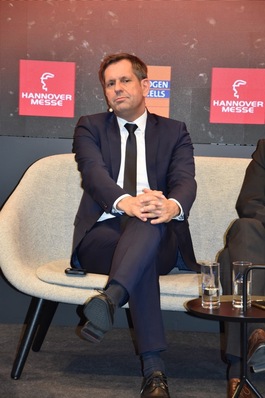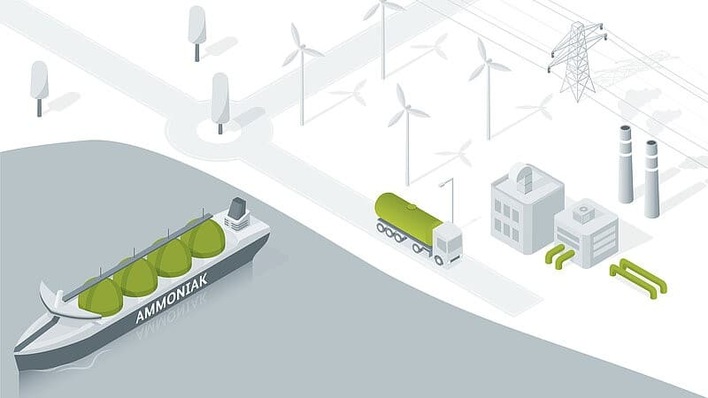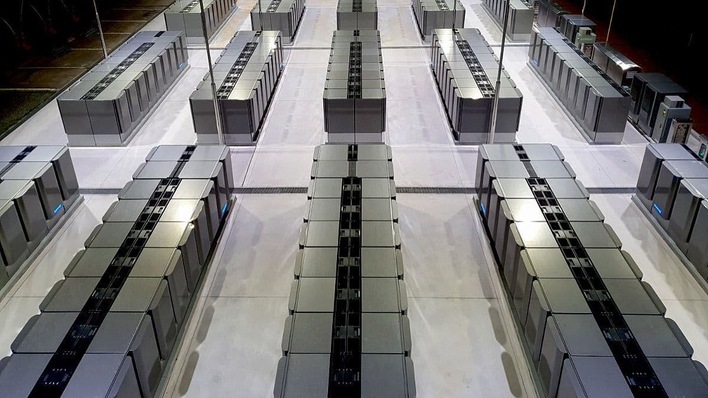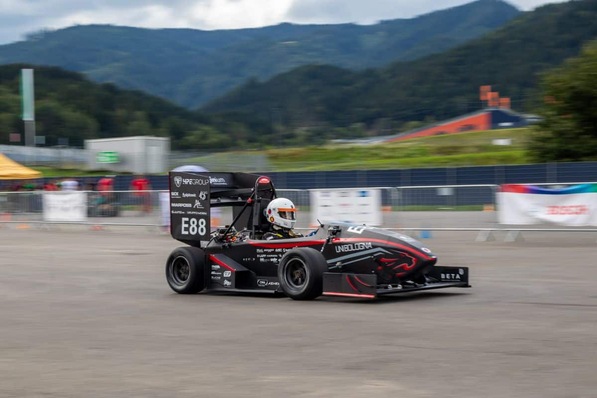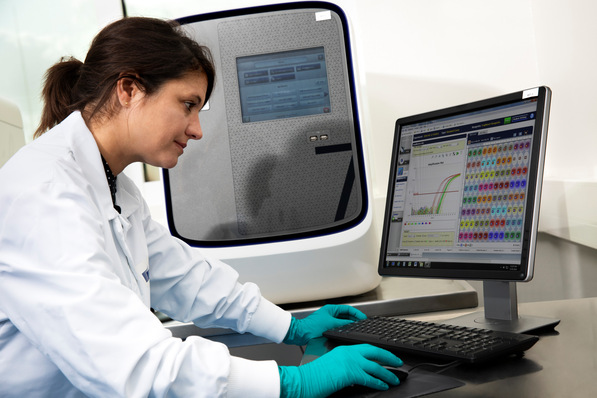
Although hydrogen is still an unrealistic prospect for container ships, it is starting to be given some serious consideration when it comes to vessels of a similar size – cruise liners. Previously, any thoughts of using hydrogen in this part of the industry, however, have been limited to onboard energy supply solutions. Before now, replacing the enormous long-stroke engines with hydrogen power units has just not been possible. Yet in summer 2021, shipping company MSC announced its intention to conduct a study to see if cruise ships could manage without with fossil energy sources.
To do so, MSC joined forces with the large shipbuilder Fincantieri and gas supplier Snam, both from Italy. Together, these three heavyweights want to test out whether cruise liners can operate on hydrogen. The initial plan is to carry out a feasibility study which will analyze the design and construction of the vessel as well as the build-out of the associated refueling infrastructure.
The shipping company’s aim is to reach carbon neutrality by 2050. The International Maritime Organization, IMO, foresees only a 50-percent reduction in greenhouse gas emissions by that date compared with levels in 2008.
Stack manufacturers discover shipping
German company Proton Motor Fuel Cell is also working with Trieste-based Fincantieri and in late January 2022 revealed it was supplying a new fuel cell system named HyShip 72. This is a 142-kilowatt system that has been specially adapted to the Zero Emission Ultimate Ship model, known as ZEUS, developed by the Italian shipbuilder. The compact unit is composed of two hydrogen-driven PEM stack modules of the type PM 400-120, a battery system and a metal-hydride hydrogen tank.
Author: Sven Geitmann



